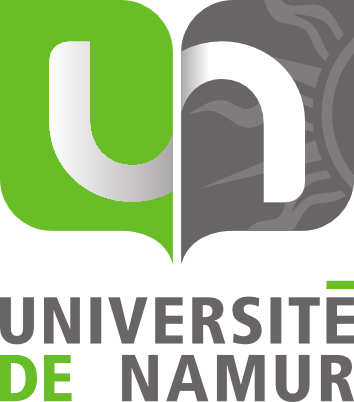événement
Model Checking for the Masses
Défense de thèse de Maxime Cordy
Catégorie :
défense de thèse
Date : 11/09/2014 15:30 - 11/09/2014 16:30
Lieu : I02
Orateur(s) : Maxime Cordy
Organisateur(s) : Isabelle Daelman
Date : 11/09/2014 15:30 - 11/09/2014 16:30
Lieu : I02
Orateur(s) : Maxime Cordy
Organisateur(s) : Isabelle Daelman
The model-checking problem for software product lines is harder
than for single systems. Indeed, one has to verify all the software
variants of a product line, whose number grows exponentially in the
number of their differences. Techniques intended for single systems are
inefficient in this case, for these can only be applied to all products
separately. Variability-aware modelling formalisms and algorithms were
designed as a more appropriate answer to that problem. Their strength
lies in their ability to check a behaviour common to several products
only once, which leads to substantial performance gains. Although they
constitute a major step toward the efficient verification of product
lines, these techniques are not yet mature enough to truly achieve this
objective. They still lack optimisations to verify large models, the
expressiveness to represent complex forms of variable behaviour, as well
as usable languages and tools required for industrial transfer.
This
thesis aims at improving product-line model checking in order to
provide formalisms, algorithms, and tools that together hold the
potential to verify real-world software product lines. We first study
the state-of-the-art model-checking approaches for software product
lines. We compare them in terms of available formalisms and algorithms,
and we determine that the approach based on Featured Transition Systems
(FTS) is the most suitable to act as a basis for the design of novel
techniques. We then extend its theory along two axes: efficiency and
expressiveness. For the former, we propose abstraction methods that can
reduce the size of the model to check while maintaining correctness and
completeness; they consist of extensions of single-system abstraction
techniques applied to FTS, and of new techniques that abstract away from
their variability. As for expressiveness, on the one hand we propose
featured timed automata as a combination of FTS and real-time behaviour.
On the other hand, we analyse how to support in FTS complex forms of
variability such as numeric features and multi-features.
We
implemented our theoretical results into a new model-checking tool
named ProVeLines. As all our extensions are based on FTS, they share
many commonalities. ProVeLines was therefore designed as a product line
whose each variant implements a distinct combination of verification
formalisms and algorithms. Finally, we show that the principles we
designed for product-line model checking can also be applied to other
formal methods, namely the verification of adaptive systems and the
synthesis of controllers for product lines.
Contact :
Isabelle Daelman
-
4966
-
isabelle.daelman@unamur.be
Télecharger :
vCal
